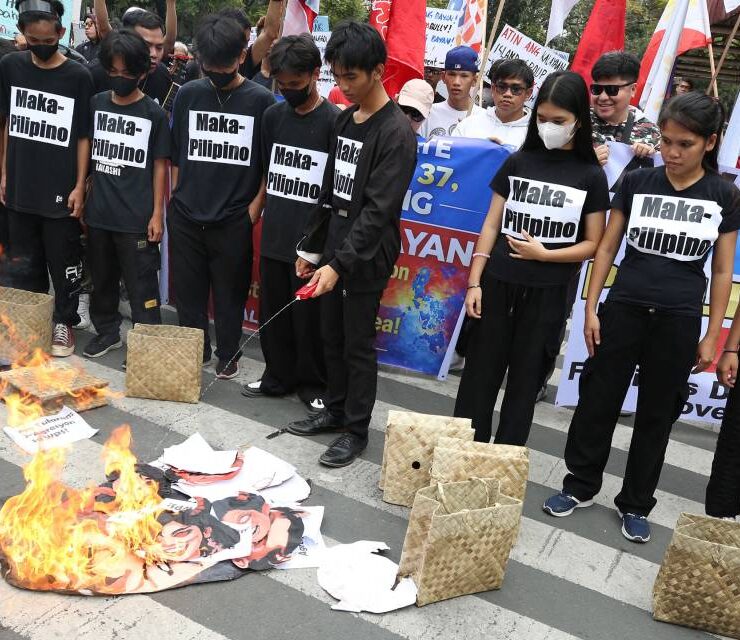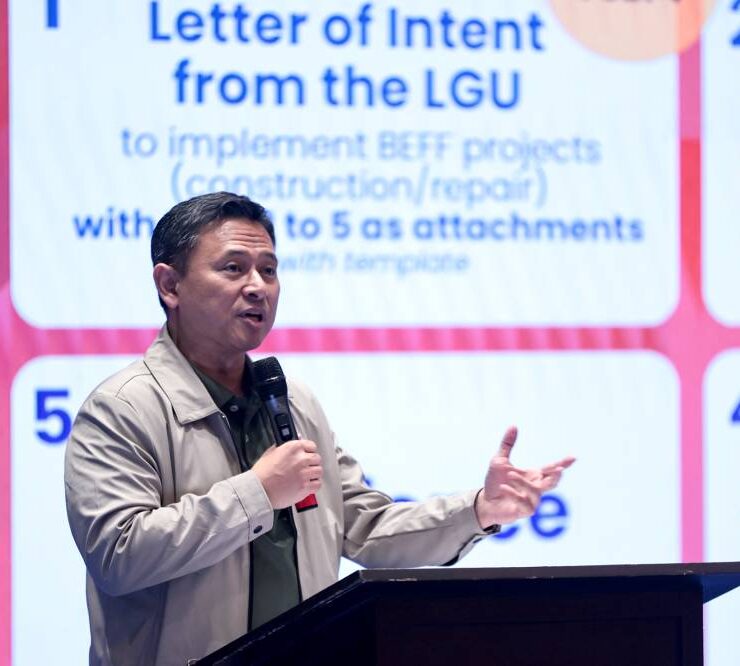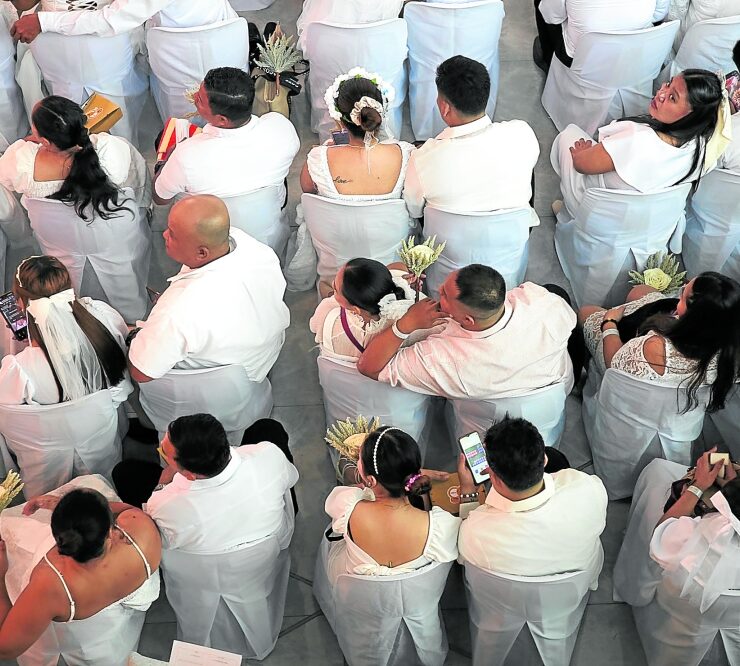Vergeire’s unceremonious exit

It’s called the “Streisand effect”—when essentially a bid to hide something ironically triggers more attention about the matter. In the original context, American singer Barbra Streisand had sued to keep photos of her house in Malibu, California, from being published on grounds of privacy. But the resulting legal drama only spawned widespread public awareness about her property.
The “Streisand effect” is in full swing in the case of Health Undersecretary Maria Rosario Singh-Vergeire, whose sudden removal from the Department of Health (DOH) the Marcos administration had apparently intended to keep under wraps, and without so much as an explanation.
Big mistake. First of all, Vergeire at this point is no longer an obscure career official the Palace could shuffle off to dusty corners of the bureaucracy without anyone noticing. By virtue of her work as a calm and credible presence throughout the COVID-19 pandemic, when she soothed the hysteria and anxiety of the moment with her measured, professional daily updates on the public health crisis, Vergeire had become a nationally known figure.
Thereafter, she also served for a year as DOH officer in charge—a widely welcomed appointment, though many had also wondered why the then new Marcos administration did not give her the portfolio on a permanent basis.
In an interview she did at that time, Vergara disclosed that, first, she wasn’t directly offered the position of secretary, and second, she had her own reservations about the job—mainly, that if she accepted it, she would lose her career tenure and become coterminous with the Marcos administration.
Security of tenure
“I am still young, and when the six-year term of the President is over, I still want to be able to serve until I retire. And that will be all gone if I became DOH secretary,” she said.
Vergeire will be only 57 years old this November, which means she has more than eight years left in government service before reaching the mandatory retirement age of 65.
It must have caused immense pain, then, for Vergeire to learn that the administration was easing her out of the department for good.
Malacañang’s reason? Her tenure “has expired, effective immediately,” went the curt explanation by Executive Secretary Lucas Bersamin.
Vergeire, however, held the rank of Career Executive Service Officer (Ceso) II, which granted her security of tenure. And Cesos may be terminated only for just cause, voluntary resignation, or if dropped from the rolls.
None of those reasons have been cited by the Palace to justify its mysterious removal of Vergeire. DOH Secretary Ted Herbosa, asked about the matter, told the media they’d have to ask Vergeire directly. DOH spokesperson Albert Domingo likewise dodged the issue by saying that removal from service was “personal in nature.”
Coy and tight-lipped
There might be a perfectly rational, justifiable explanation for this move, but since Malacañang couldn’t be bothered to clear the air, instead playing coy and tight-lipped all of a sudden, soon enough the public took notice and began asking questions.
They would learn that as early as July 14, the President had already appointed a replacement for Vergeire—a lawyer and nonhealth professional named Randy Escolango.
No announcement was made that Vergeire was being axed. It was only on July 29 that Herbosa confirmed that Vergeire, along with undersecretaries Kenneth Ronquillo and Achilles Gerard Bravo, had been removed from the DOH’s executive committee. Bravo and Ronquillo had reached mandatory retirement in January and April, respectively, though they had extended their stay until June.
But Vergeire? Her premature, unceremonious exit seemed so jarring, so disrespectful, that now 55 groups of health-care professionals led by the Philippine Medical Association have decried the administration’s treatment of Vergeire.
This is no small alliance speaking up. The PMA alone has some 100,000 physician members, and joining them are the country’s nurses, midwives, and medical technologists, as well as different medical societies.
Basic professionalism
In their joint statement, they denounced the peculiar proceedings at the DOH as “undermining institutional stability, demoralizing other health professionals, and weakening the public trust we have collectively worked to build.”
They called on President Marcos to “protect and strengthen the foundations of professional, nonpartisan health governance,” and warned that “political transitions must not come at the cost of technical excellence or institutional memory.”
There is valid reason for their anger and disapproval, because this administration plainly botched what it perhaps thought would be a quick bureaucratic shakeup by forgoing transparency, openness, and basic professionalism in letting go of people, especially perceived good ones like Vergeire.
Now it’s reaping the whirlwind of public uproar and scrutiny. Hopefully, along with it, the Palace is learning the lesson that the more it suppresses something, the more the stink will rise.





















The gospel according to the tarpaulin